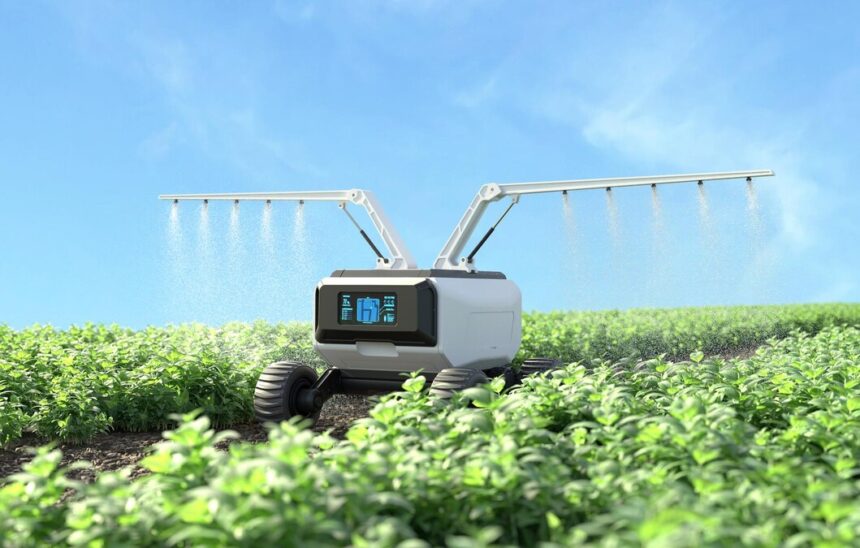In an era where agricultural demands are rapidly increasing, South African farmers are faced with the challenge of maximizing yields while minimizing resource use and environmental impact. Precision farming, a modern agricultural practice that leverages technology and data analysis, offers innovative solutions to enhance productivity. By adopting precision farming techniques, farmers can optimize their operations, increase yields, and improve sustainability. Here’s how South African farmers can implement precision farming to boost their yields.
1. Understanding Precision Farming
Precision farming involves using technology to monitor and manage field variability in crops. This approach allows farmers to apply the right inputs (water, fertilizers, pesticides) at the right time and place, thereby enhancing crop performance and reducing waste. It encompasses various technologies, including GPS, remote sensing, and data analytics.
2. Utilizing GPS Technology
Global Positioning System (GPS) technology is a cornerstone of precision farming. It enables farmers to create detailed maps of their fields, allowing them to monitor crop health and manage inputs more effectively. By using GPS-guided equipment, farmers can ensure accurate planting, fertilization, and irrigation, which can lead to improved yields.
3. Implementing Soil Monitoring Systems
Soil health is critical to crop productivity. Precision farming techniques include using soil sensors that provide real-time data on moisture levels, nutrient content, and pH levels. By regularly monitoring soil conditions, farmers can make informed decisions about when and how much to irrigate or fertilize, resulting in better crop growth and yield.
4. Leveraging Remote Sensing Technologies
Remote sensing technologies, such as drones and satellite imagery, allow farmers to gather valuable data about their crops. These tools can monitor plant health, identify pest infestations, and assess the effectiveness of treatments. By analyzing this data, farmers can take timely action to address issues, optimizing their management practices and boosting yields.
5. Adopting Variable Rate Technology (VRT)
Variable Rate Technology (VRT) allows farmers to apply inputs such as fertilizers and pesticides at varying rates across a field, tailored to the specific needs of different areas. By using VRT, farmers can minimize waste and reduce costs while ensuring that crops receive the optimal amount of nutrients. This targeted approach can significantly enhance crop yields.
6. Integrating Data Analytics
Data analytics plays a crucial role in precision farming. By collecting and analyzing data from various sources—such as weather patterns, soil conditions, and crop health—farmers can make data-driven decisions. Advanced analytics tools can help identify trends and predict outcomes, enabling farmers to optimize their practices for better yields.
7. Embracing IoT and Smart Farming
The Internet of Things (IoT) has transformed agriculture by connecting devices and sensors to provide real-time data. Smart farming solutions allow farmers to monitor their operations remotely, automate irrigation systems, and track equipment performance. This level of connectivity can lead to more efficient resource use and higher crop yields.
8. Participating in Training and Workshops
To successfully implement precision farming techniques, farmers should seek training and workshops that focus on the latest technologies and practices. Local agricultural extension services, universities, and industry organizations often offer resources and training programs to help farmers understand and adopt precision farming methods.
9. Collaborating with Agricultural Experts
Farmers can benefit from collaborating with agronomists, researchers, and technology providers who specialize in precision agriculture. These experts can provide valuable insights and tailored recommendations based on specific farm conditions, helping farmers make informed decisions to boost yields.
10. Investing in Technology and Infrastructure
While the initial investment in precision farming technologies can be significant, the long-term benefits often outweigh the costs. Farmers should assess their specific needs and consider investing in technologies that align with their goals. Government grants and subsidies may also be available to support the adoption of precision farming practices.
Precision farming represents a transformative approach for South African farmers seeking to boost yields and improve sustainability. By leveraging technology and data-driven practices, farmers can enhance their productivity while minimizing resource use and environmental impact. Embracing precision farming not only leads to better crop yields but also contributes to the overall resilience and competitiveness of South Africa’s agricultural sector. As the demand for food continues to rise, adopting these innovative practices will be crucial for the future of farming in the country.
Join 'Farmers Mag' WhatsApp Channel
Get the latest Farming news and tips delivered straight to your WhatsApp
CLICK HERE TO JOIN






